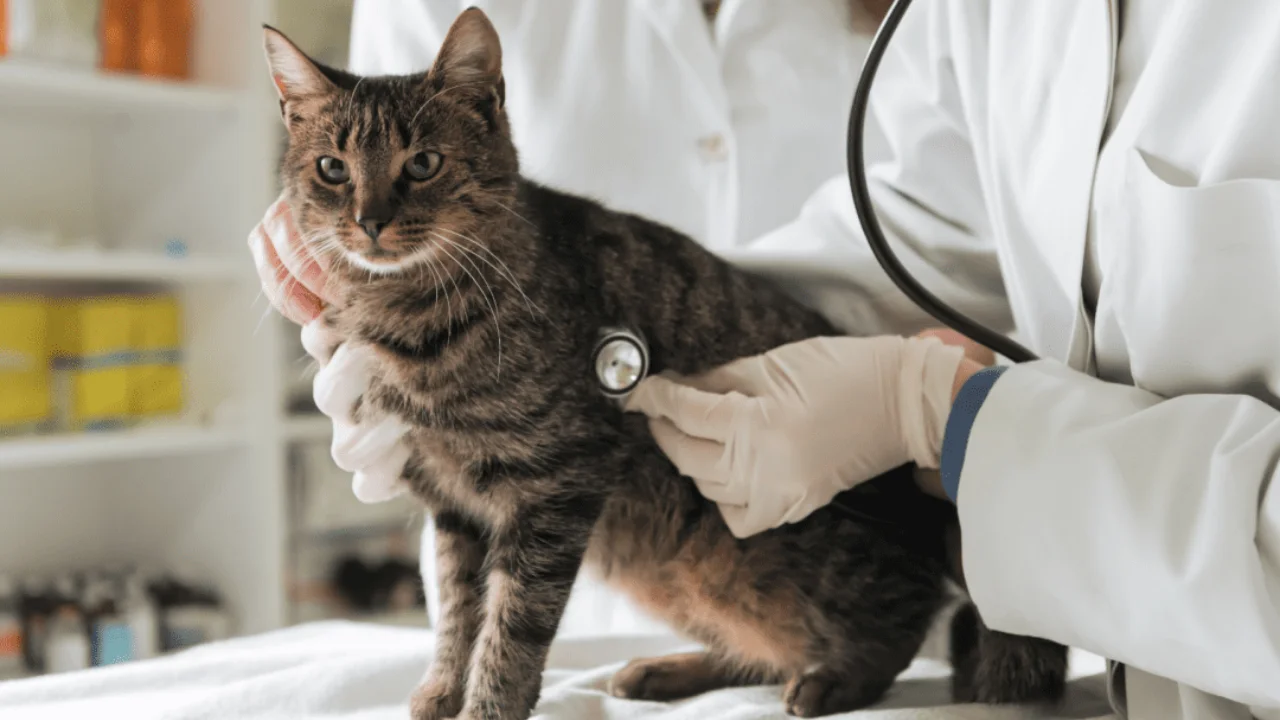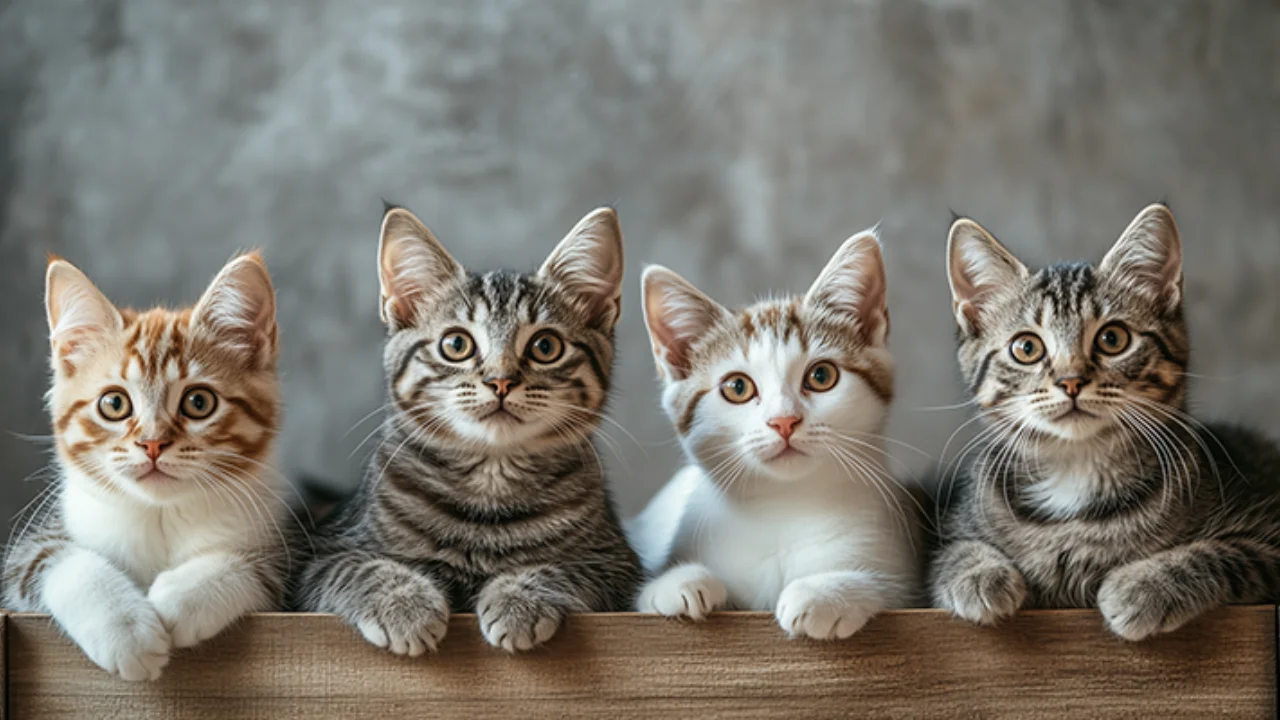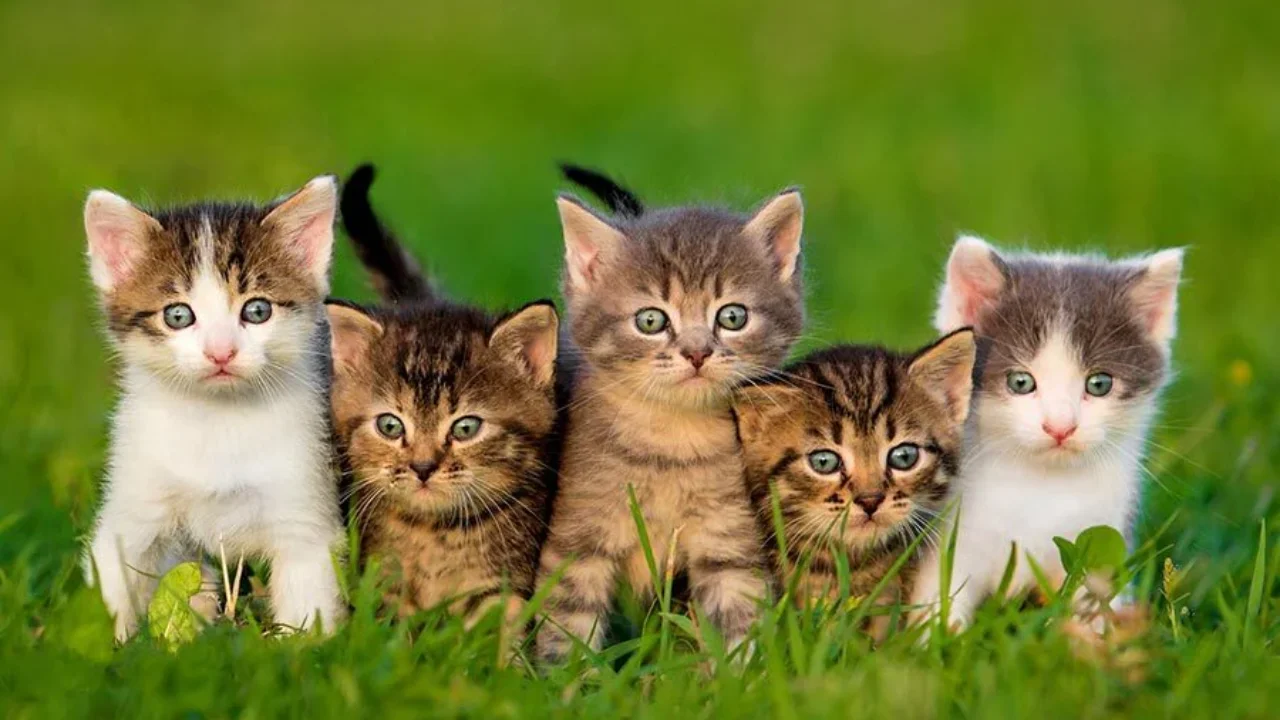
As a responsible cat owner, you’re always looking for natural ways to keep your home fresh and pest-free. You may have heard about the benefits of essential oils and wondered, “Is peppermint oil safe for cats?” This question has become increasingly important as more households turn to natural alternatives for cleaning, aromatherapy, and pest control. Understanding whether peppermint oil is safe for cats is crucial for maintaining your feline friend’s health and well-being.
The Short Answer: Is Peppermint Oil Safe for Cats?
The direct answer to “Is peppermint oil safe for cats?” is no, peppermint oil is not safe for cats. Cats lack certain liver enzymes that are necessary to metabolize essential oils, including peppermint oil. This makes peppermint oil toxic to cats and potentially dangerous when used in households with feline companions. When cat owners ask “Is peppermint oil safe for cats?”, veterinarians consistently advise against its use around these sensitive pets.
Why Peppermint Oil Is Not Safe for Cats
Unique Feline Physiology
To understand why peppermint oil is not safe for cats, we need to examine feline physiology. Cats have a different metabolic system compared to humans and even dogs. They lack glucuronyl transferase enzymes in their liver, which are essential for breaking down and eliminating certain compounds found in essential oils. This deficiency means that when cats are exposed to peppermint oil, their bodies cannot process it effectively, leading to toxic buildup.
Concentrated Nature of Essential Oils
Peppermint oil is highly concentrated, containing compounds like menthol, menthone, and limonene. While these compounds give peppermint oil its refreshing scent and therapeutic properties for humans, they become dangerous when cats are exposed to them. Even small amounts can cause adverse reactions, which is why the question “Is peppermint oil safe for cats?” requires such a definitive negative response.
Signs of Peppermint Oil Toxicity in Cats
If you’re wondering whether peppermint oil is safe for cats because you’ve already used it in your home, watch for these warning signs of toxicity:
Immediate Symptoms
- Difficulty breathing or respiratory distress
- Excessive drooling or salivation
- Vomiting or nausea
- Lethargy or unusual weakness
- Loss of coordination or stumbling
- Tremors or muscle twitching
Severe Symptoms
- Liver damage (may not be immediately apparent)
- Central nervous system depression
- Low body temperature
- Low heart rate
- Coma in extreme cases
If you observe any of these symptoms after peppermint oil exposure, contact your veterinarian immediately. This reinforces why understanding “Is peppermint oil safe for cats?” is so important for pet owners.
Common Ways Cats Are Exposed to Peppermint Oil
Diffusers and Aromatherapy
Many pet owners use essential oil diffusers without realizing the dangers they pose. When you diffuse peppermint oil in your home, cats inhale the particles, which can cause respiratory irritation and systemic toxicity. This is one of the most common scenarios that lead people to ask, “Is peppermint oil safe for cats?”
Topical Applications
Some people apply diluted essential oils to their skin or use them in homemade cleaning products. Cats can be exposed through direct contact when they rub against treated surfaces or groom themselves after contact.
Accidental Ingestion
Cats are curious creatures and may investigate bottles of peppermint oil, potentially ingesting small amounts. Even tiny quantities can be harmful due to their concentrated nature.
Pest Control Products
Many natural pest control products contain peppermint oil. Pet owners might use these without realizing they’re not safe for cats, highlighting the importance of always asking “Is peppermint oil safe for cats?” before introducing any new products.
Safe Alternatives to Peppermint Oil for Cat Households
Natural Pest Control Alternatives
Since many people use peppermint oil for pest control, here are cat-safe alternatives:
- Diatomaceous earth (food grade) for crawling insects
- Cedar chips as a natural repellent
- Regular vacuuming and cleaning to eliminate pest attractants
- Sealed food storage to prevent infestations
Home Freshening Options
Instead of peppermint oil diffusers, consider these cat-safe options:
- Baking soda for odor absorption
- Activated charcoal air purifiers
- Proper ventilation and regular cleaning
- Cat-safe plants like spider plants or Boston ferns
Cleaning Alternatives
Replace peppermint oil-based cleaners with:
- White vinegar solutions
- Mild dish soap and water
- Enzymatic cleaners specifically designed for pet households
- Commercial products labeled as pet-safe
What to Do If Your Cat Is Exposed to Peppermint Oil
Immediate Actions
- Remove the source of peppermint oil immediately
- Ventilate the area by opening windows and doors
- Move your cat to fresh air
- Do not induce vomiting unless specifically instructed by a veterinarian
- Contact your veterinarian or pet poison control hotline immediately
Information to Provide Your Vet
When calling for help, be prepared to provide:
- The type and concentration of peppermint oil used
- How your cat was exposed (inhalation, skin contact, ingestion)
- The amount of time since exposure
- Your cat’s current symptoms
- Your cat’s weight and age
Prevention: Keeping Your Cat Safe
Reading Product Labels
Always check product labels for essential oils before bringing items into your home. If peppermint oil is listed as an ingredient, consider whether the product is necessary and if there are safer alternatives available.
Creating Essential Oil-Free Zones
If you must use essential oils in your home, create designated areas where your cat cannot access them. However, the safest approach when asking “Is peppermint oil safe for cats?” is to avoid them entirely.
Educating Family Members
Ensure all household members understand that peppermint oil is not safe for cats. This includes guests who might bring essential oil products into your home.
The Science Behind Essential Oil Toxicity in Cats
Liver Enzyme Deficiency
Cats’ inability to process essential oils stems from their evolutionary history. Unlike humans and dogs, cats evolved without needing to metabolize plant compounds that contain phenols and terpenes. This evolutionary gap explains why the answer to “Is peppermint oil safe for cats?” is consistently negative.
Absorption Routes
Cats can absorb essential oils through their skin, respiratory system, and digestive tract. All routes of exposure can lead to toxicity, making it impossible to use peppermint oil safely around cats.
Long-term Health Considerations
Cumulative Effects
Even if a single exposure to peppermint oil doesn’t cause immediate symptoms, repeated exposure can lead to cumulative toxicity. This gradual buildup can cause long-term health problems, including liver damage and neurological issues.
Vulnerable Populations
Kittens, elderly cats, and cats with pre-existing health conditions are particularly vulnerable to essential oil toxicity. For these cats, even minimal exposure to peppermint oil can be dangerous.
Conclusion: Prioritizing Your Cat’s Safety
The question “Is peppermint oil safe for cats?” has a clear and definitive answer: no, it is not safe. As a responsible pet owner, protecting your cat means avoiding peppermint oil and other essential oils in your home. While these natural products may offer benefits for humans, they pose serious health risks to our feline companions.
Remember that cats depend on us to make safe choices for them. By understanding why peppermint oil is not safe for cats and choosing appropriate alternatives, you can maintain a healthy, pleasant home environment without compromising your pet’s well-being. When in doubt about any product’s safety, consult with your veterinarian – they can provide personalized advice based on your cat’s specific needs and health status.
Always prioritize your cat’s health over convenience, and remember that there are always safe alternatives available for whatever purpose you intended to use peppermint oil. Your cat’s safety should never be compromised, and understanding that peppermint oil is not safe for cats is an essential part of responsible pet ownership.


